How to grow sprouts in a sprouter naturally?
A sprouter is a device used in the kitchen for the germination of seeds into sprouts. Sprouters are used to grow shoots from seeds and mini vegetables. Initially sprouting was done manually but now many mechanical sprouters are available in the market, making large-scale and commercial sprouting easier. There are different kinds of sprouters available in the market, like terracotta sprouters, glass jar sprouters and automatic sprouters.
What is sprouting?
Sprouting is the biological process by which shoots grow out of seeds, also called seed germination. Seeds sprouted for consumption are beans; pulses like chickpea, lentil and alfalfa; cereals like oat, barley, rice and wheat. One can also germinate oilseeds like sesame, almond and peanut; brassicas like broccoli, mustard and radish; umbelliferous vegetables like parsley and carrot; allium like onion, and green onion; other vegetables like lettuce and lemongrass. The process of sprouting takes from two to eight days, depending upon the type of seed being sprouted. Sprouting may be done by using a sprouter or manually.
Also Read- How To Use A Sprouter?
Types of sprouters:
- Glass sprouters are durable, safe and toxin-free. They are machine washable and carcinogen and BPA-free.
- Sprouting bags are easy to use and do not occupy much space. It would be best to dip the bag containing the seeds in water and hang it somewhere for the excess water to drain off.
- Clay sprouters are environmental- friendly, BPA free and carcinogen-free. They are made from natural material and, therefore, toxin-free.
- Terracotta sprouters are toxin and carcinogen-free. Ellementry offers high-quality terracotta sprouters that are easy to maintain.
- Automatic sprouters follow the same process of sprouting, but the process of watering is automatic.
Benefits of clay and terracotta sprouters:
- Plants and seeds grow best in their natural environment or any container made from natural ingredients. Clay and terracotta are natural products.
- Terracotta and clay are natural products and therefore, toxin and lead-free. Since sprouts are used for personal consumption, it must be sprouted in a healthy and hygienic atmosphere.
- Terracotta and clay are BPA and carcinogen-free. Cancer is a fast-growing disease and carcinogens can contaminate the food from the materials in which they are grown. Terracotta and clay are free from such disease-causing carcinogenic materials.
- Clay and terracotta sprouters don't require any compost or soil for the process of sprouting. Seeds naturally sprout in these sprouters.
Pros of sprouting by using a sprouter:
- Sprouting seeds and mini vegetables by using a sprouter is a natural process and enhances the sprouts' nutritional benefits.
- Using a sprouter for germination increases the content of living enzymes in legumes and other seeds. As a result, these sprouts become easy to digest.
- Sprouted legumes and vegetables are easy to cook.
- Using a sprouter for sprouting seeds and vegetables increases their vitamin and mineral content, making them more nutritious than raw or unsprouted nuts, seeds, and vegetables. Broccoli sprouts and almonds are best absorbed by the body when they are properly soaked and sprouted.
Cons of sprouting by using a sprouter:
Using a sprouter is beneficial only for small amounts of sprouting, for personal consumption at home. Large-scale sprouting of coffee beans and legumes is not possible through a sprouter.
A sprouter involves soaking the seeds in water that might lead to spoilage and rotting if not inspected properly.
Also Read- How to Clean and Maintain Your Sprouter?
What is manual peeler?
A manual peeler is a device that helps sprouting, especially, to peel brussels sprouts. While in a sprouter sprouting occurs naturally, in a manual peeler, the seeds are peeled using a quick germination device. It is helpful in commercial sprouting where huge amounts of seeds are sprouted daily. Coffee beans and brussels sprouts are sprouted using a manual peeler for quick and easy germination.
Pros of sprouting by manually peeling:
- Manually peeling seeds becomes essential for commercial sprouting where huge amounts of seeds and beans are sprouted in a very short time.
- Since manually peeling does not require soaking in water, the chances of spoilage and rotting are very less.
- Manually peeling is a hygienic process and does not lead to bacterial and fungi formation.
Cons of sprouting by manually peeling:
- Manually peeling seeds and legumes is not a natural process. Therefore it does not break down the enzymes, and thus they are difficult to digest.
- Since it is not a natural process of germination, the nutritional value of manually peeled seeds and vegetables is much less.
- Manually peeling is a labour-intensive and an expensive method because it requires a manually peeling machine as well as labourers to peel manually.
Is using a sprouter better than manually peeling?
Manually peeling seeds is a fast process, and the chances of damage and rotting are less. Using a sprouter is a natural process suitable for sprouting smaller amounts of seeds at home. Terracotta sprouters with a wooden lid by Ellementry aids the process of sprouting by soaking all the excess water. Visit us at ellementry.com to check out our collection of terracotta sprouters.
Also Read- How do they work – Sprouters?

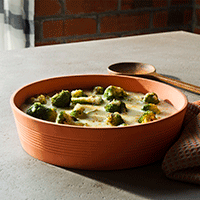
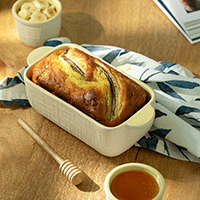
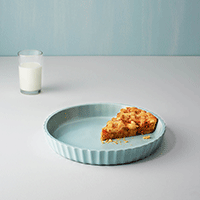

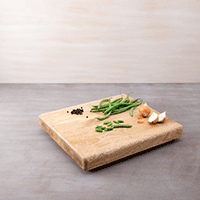
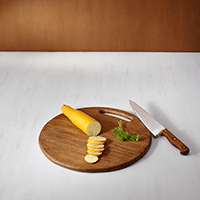
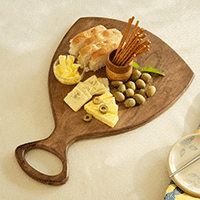
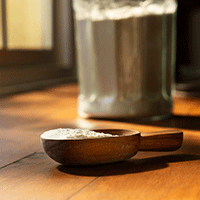
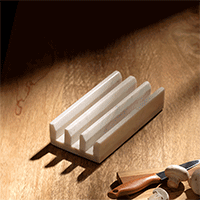

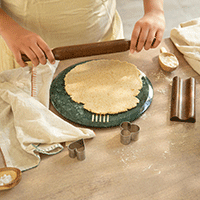
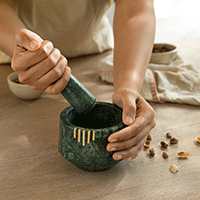
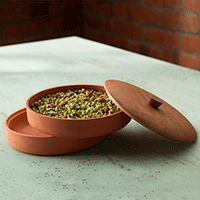
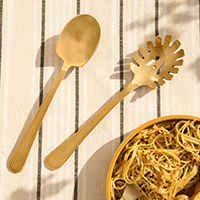
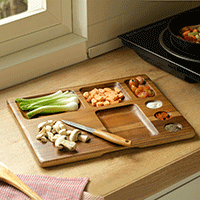
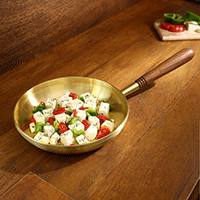
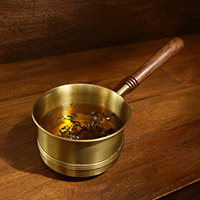
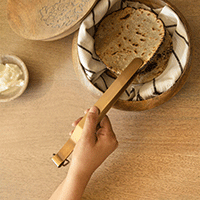
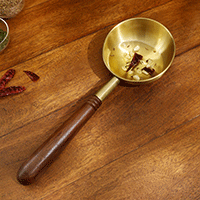
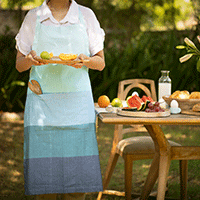
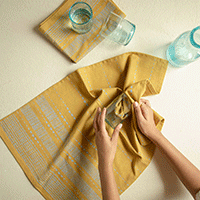
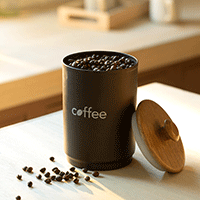
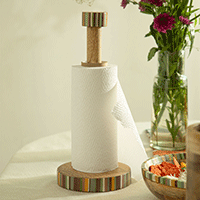
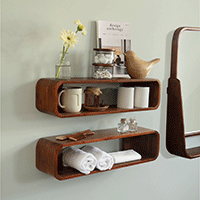
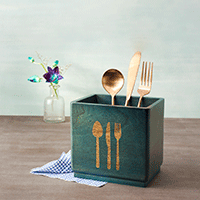
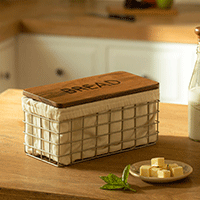
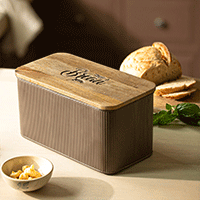
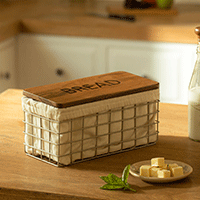
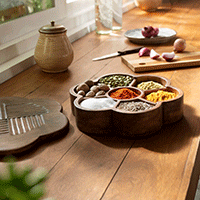

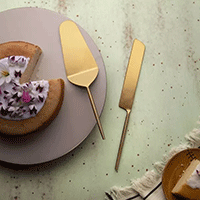
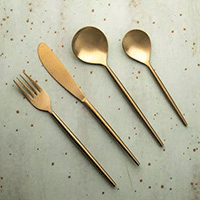
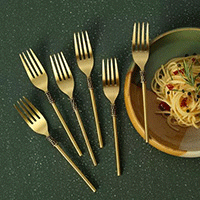
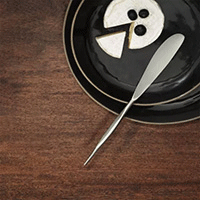
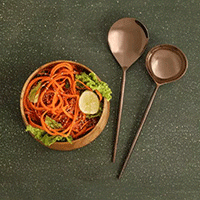
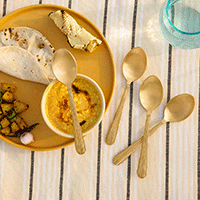
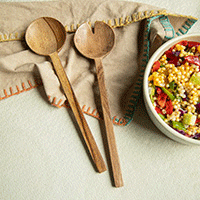
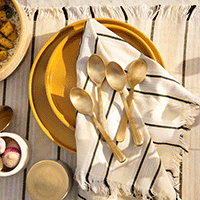
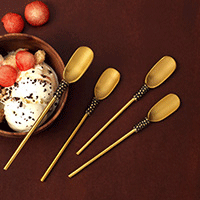
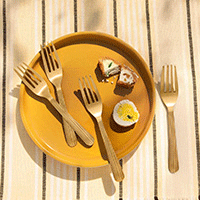
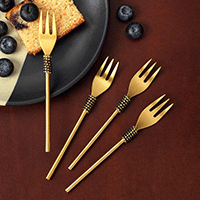
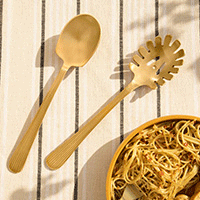
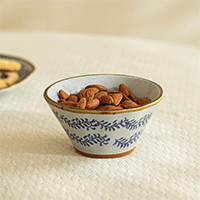
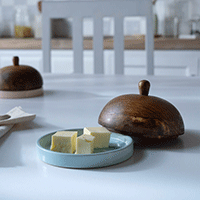
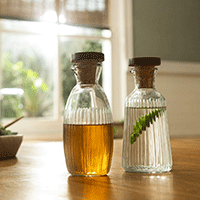
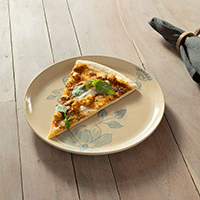
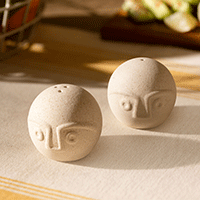
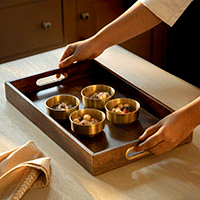
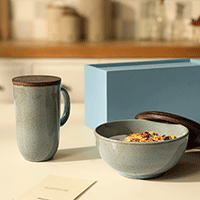


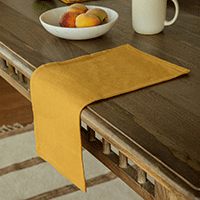
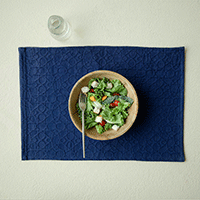
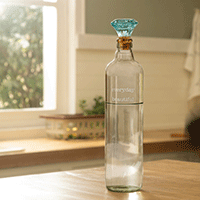
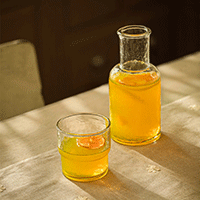
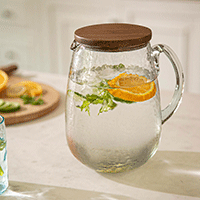
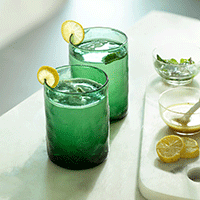
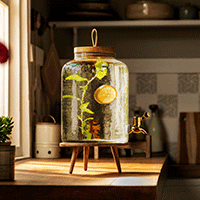
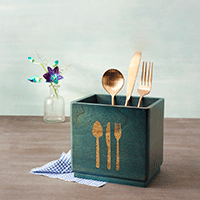
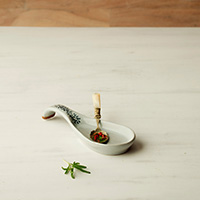
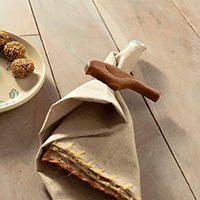

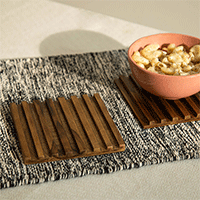
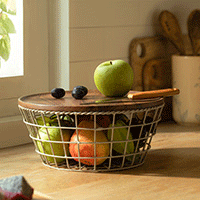
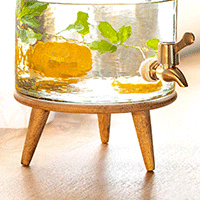
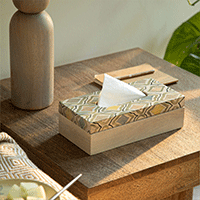

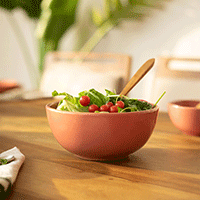
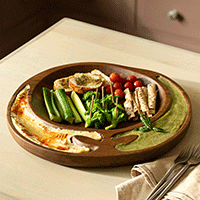
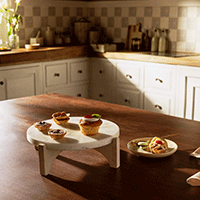
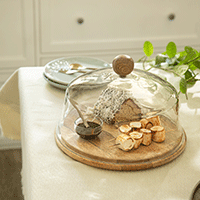
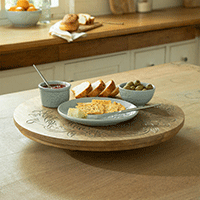
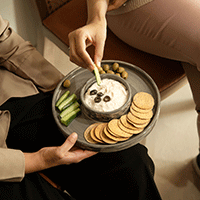
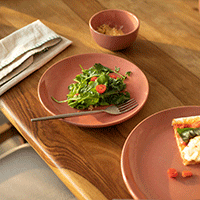
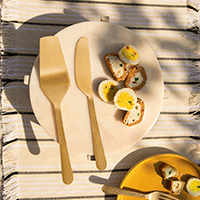
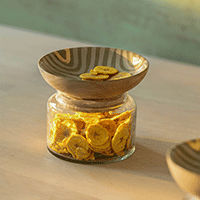
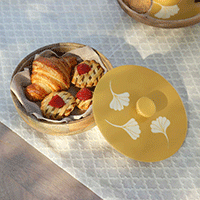
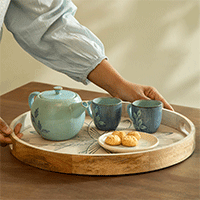
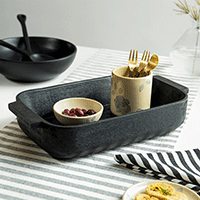
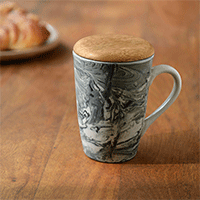
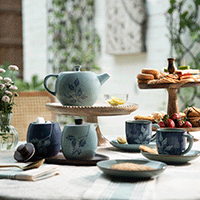
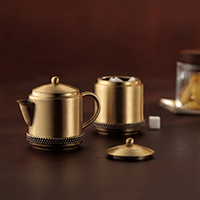
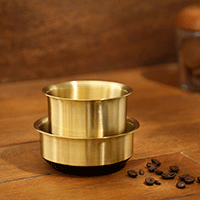

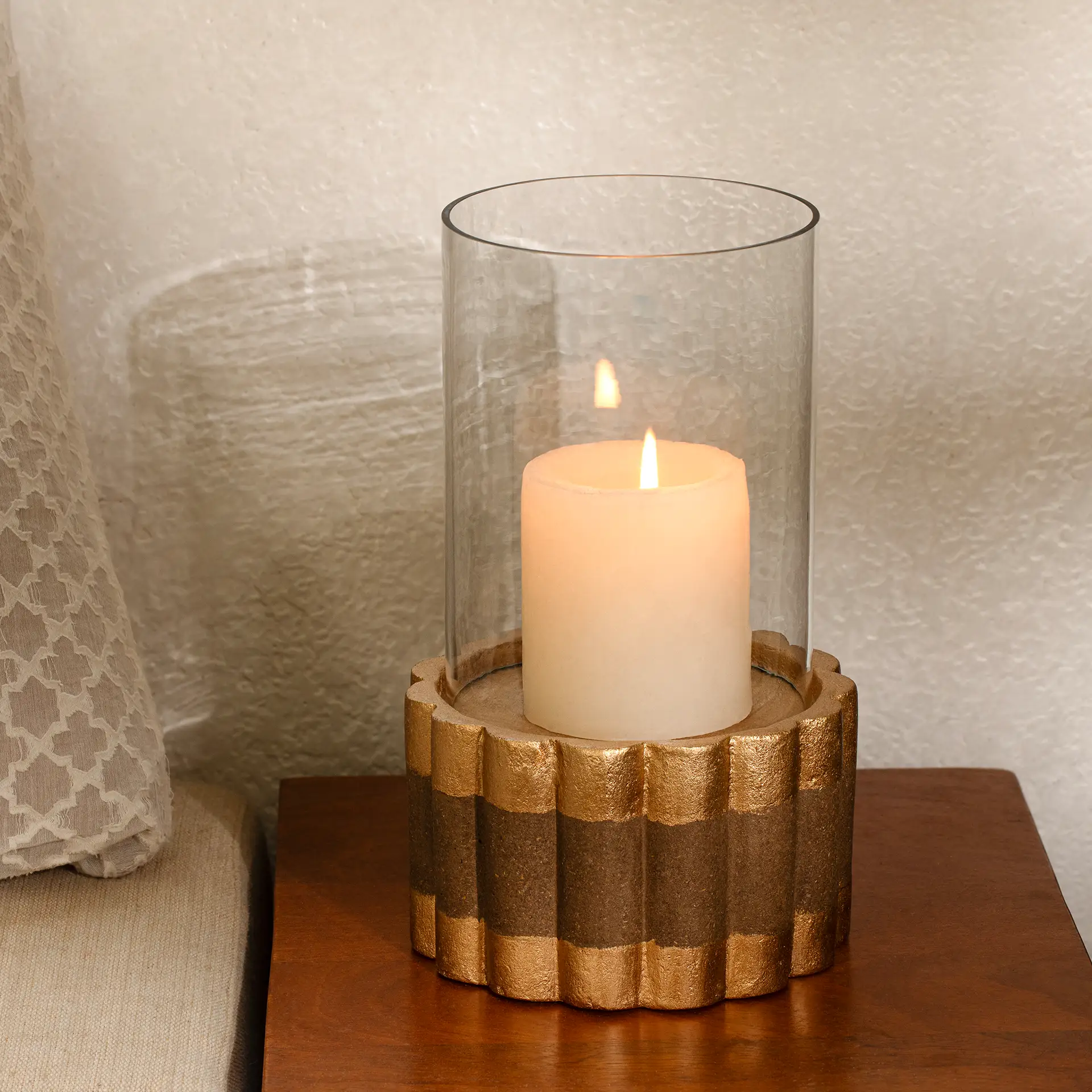


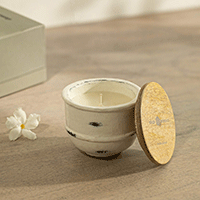
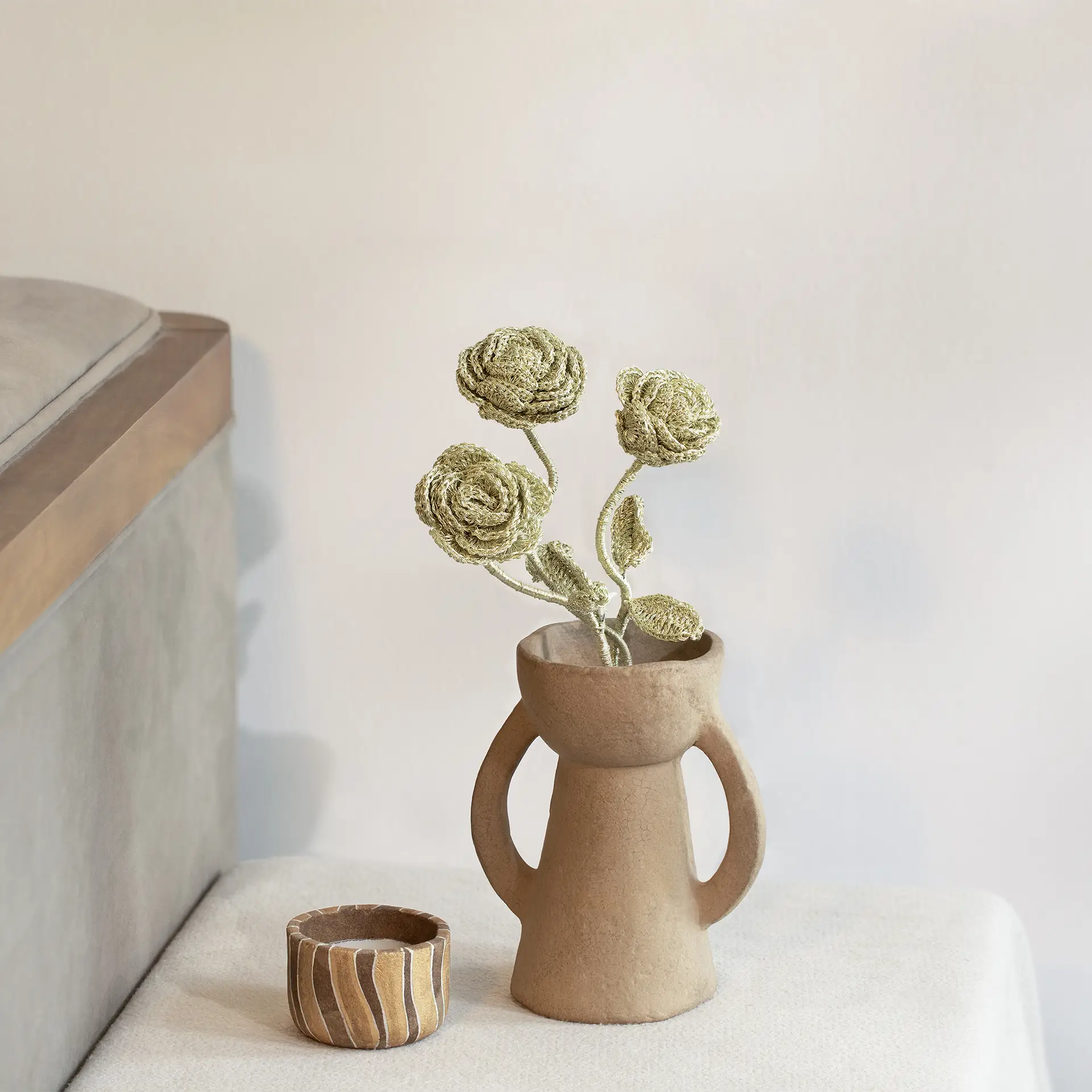
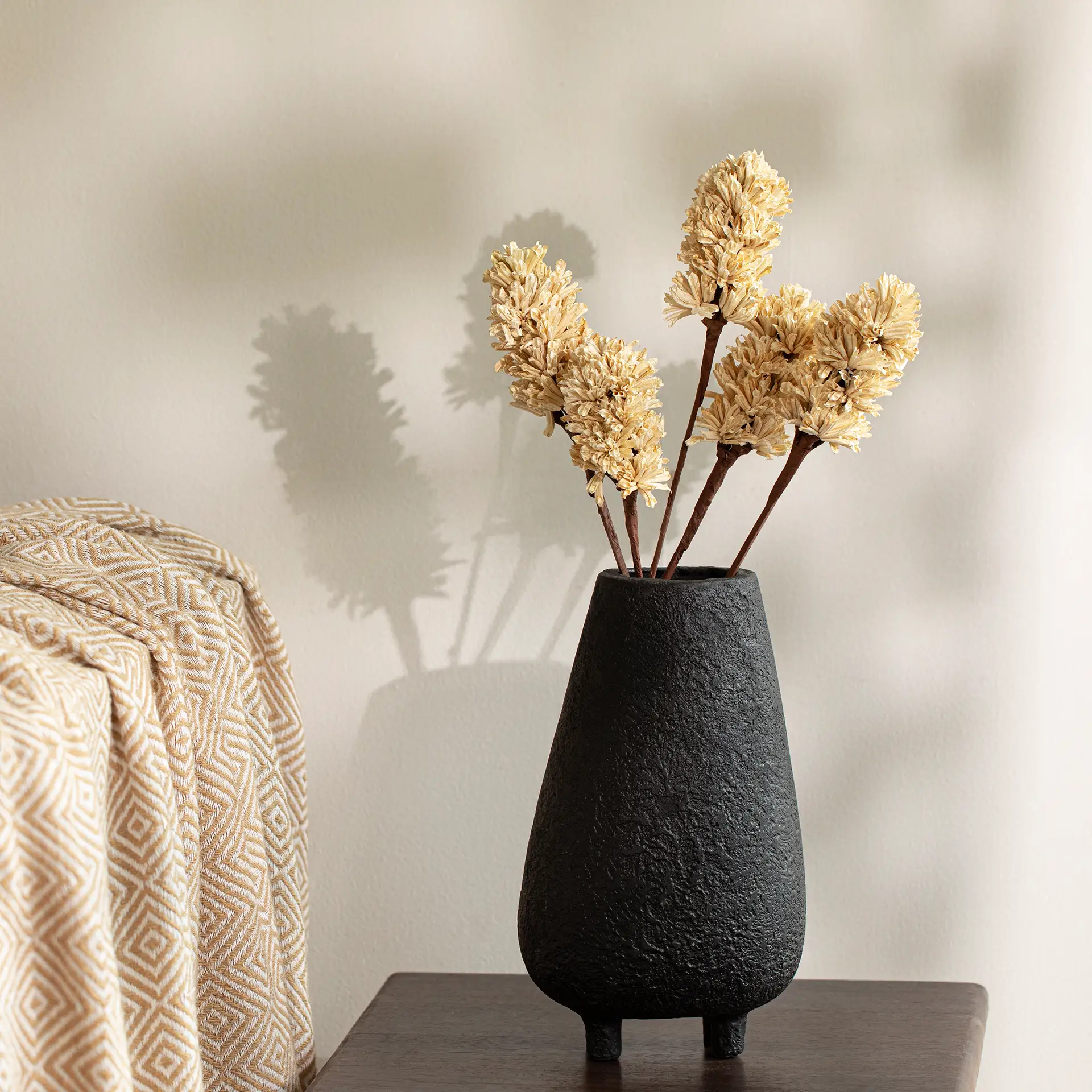
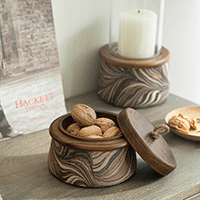
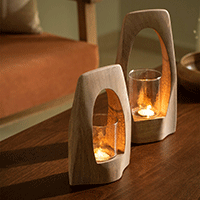
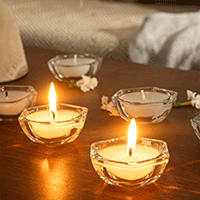
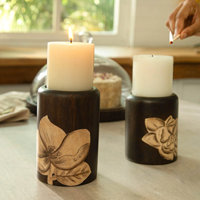
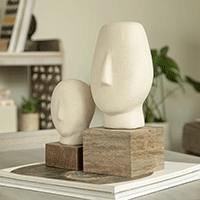
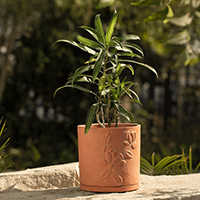
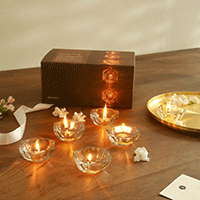
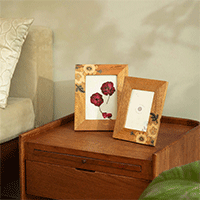
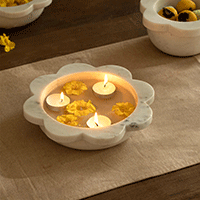

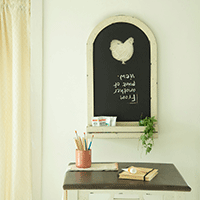
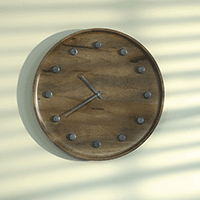
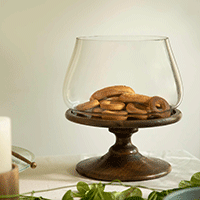
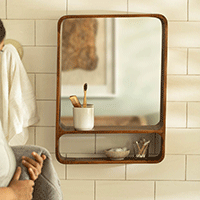
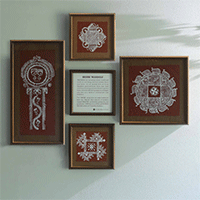

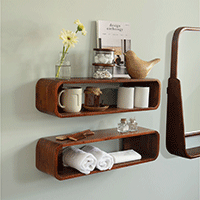
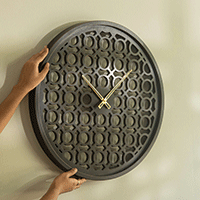

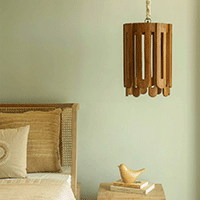
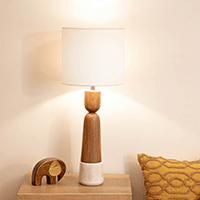
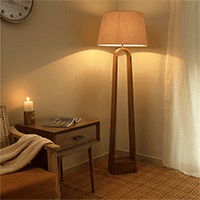
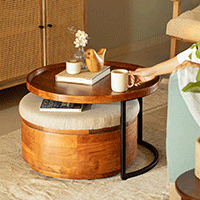
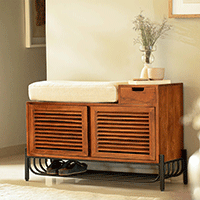
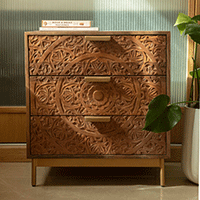
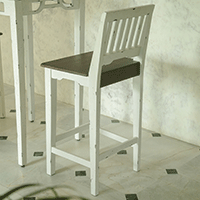
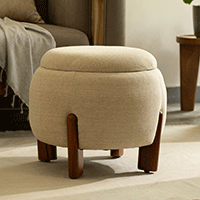
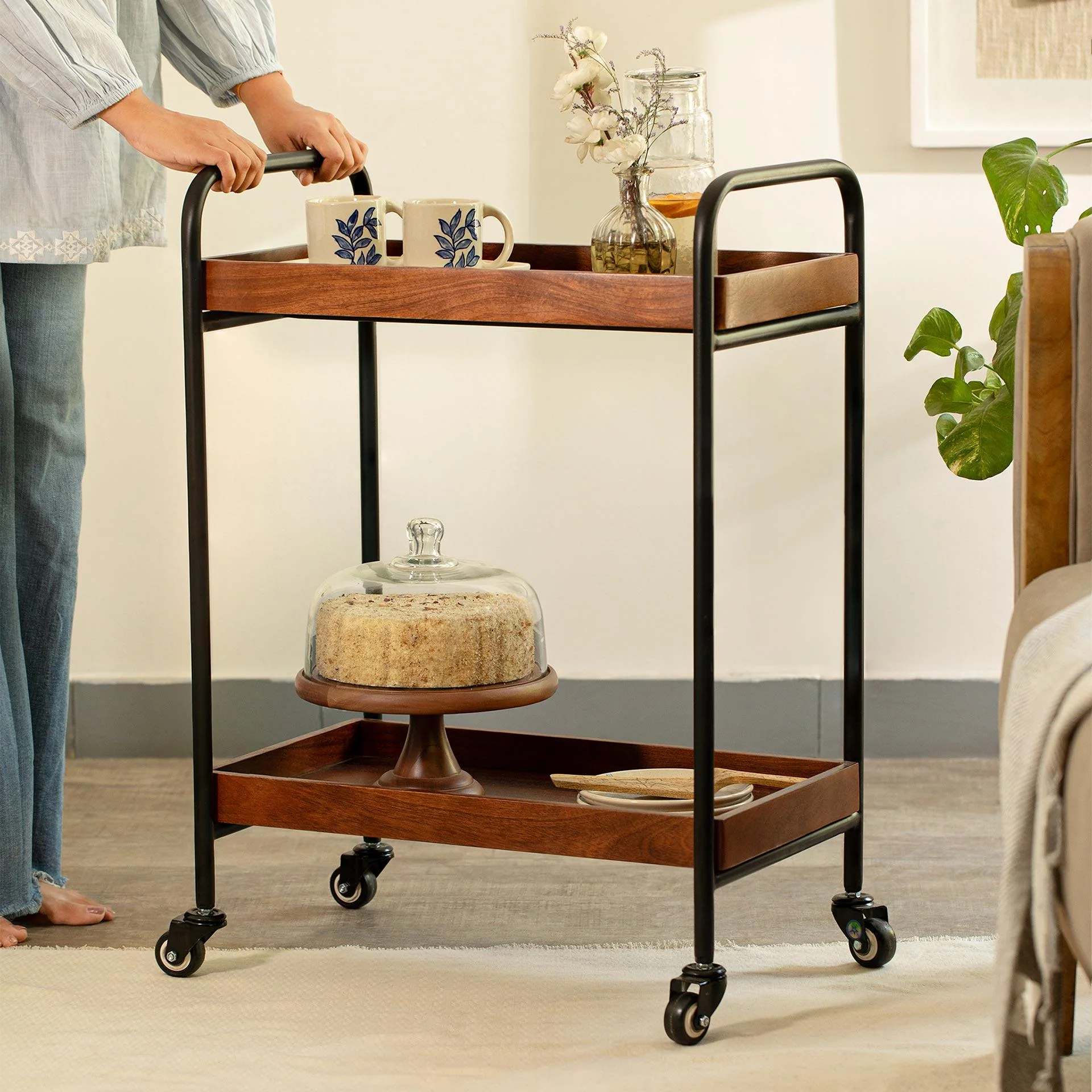

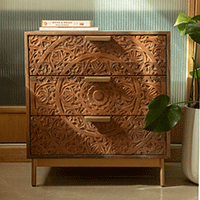

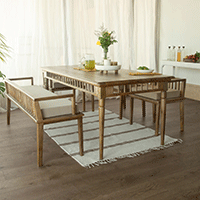
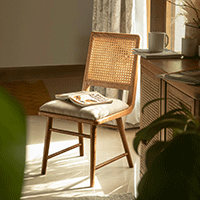

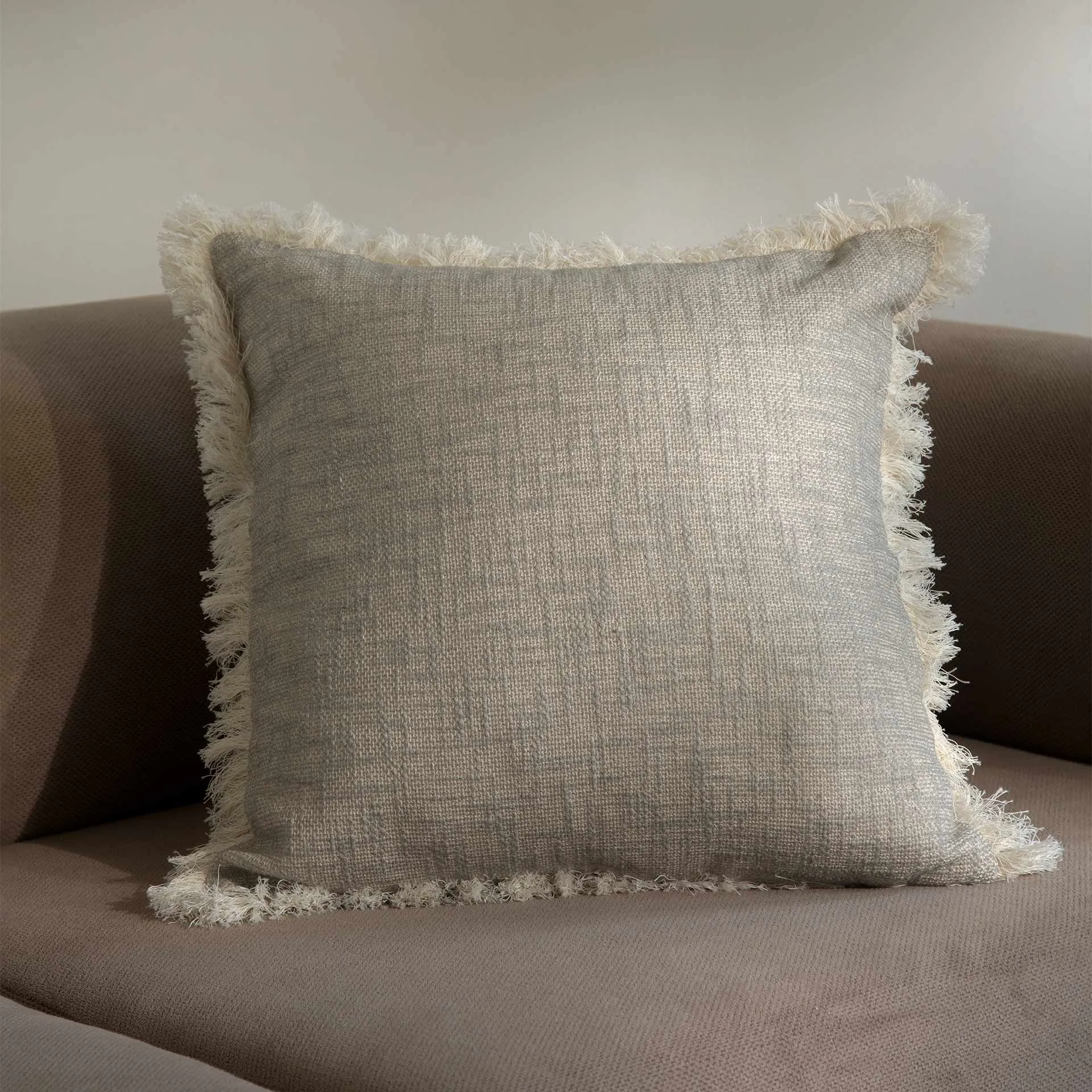
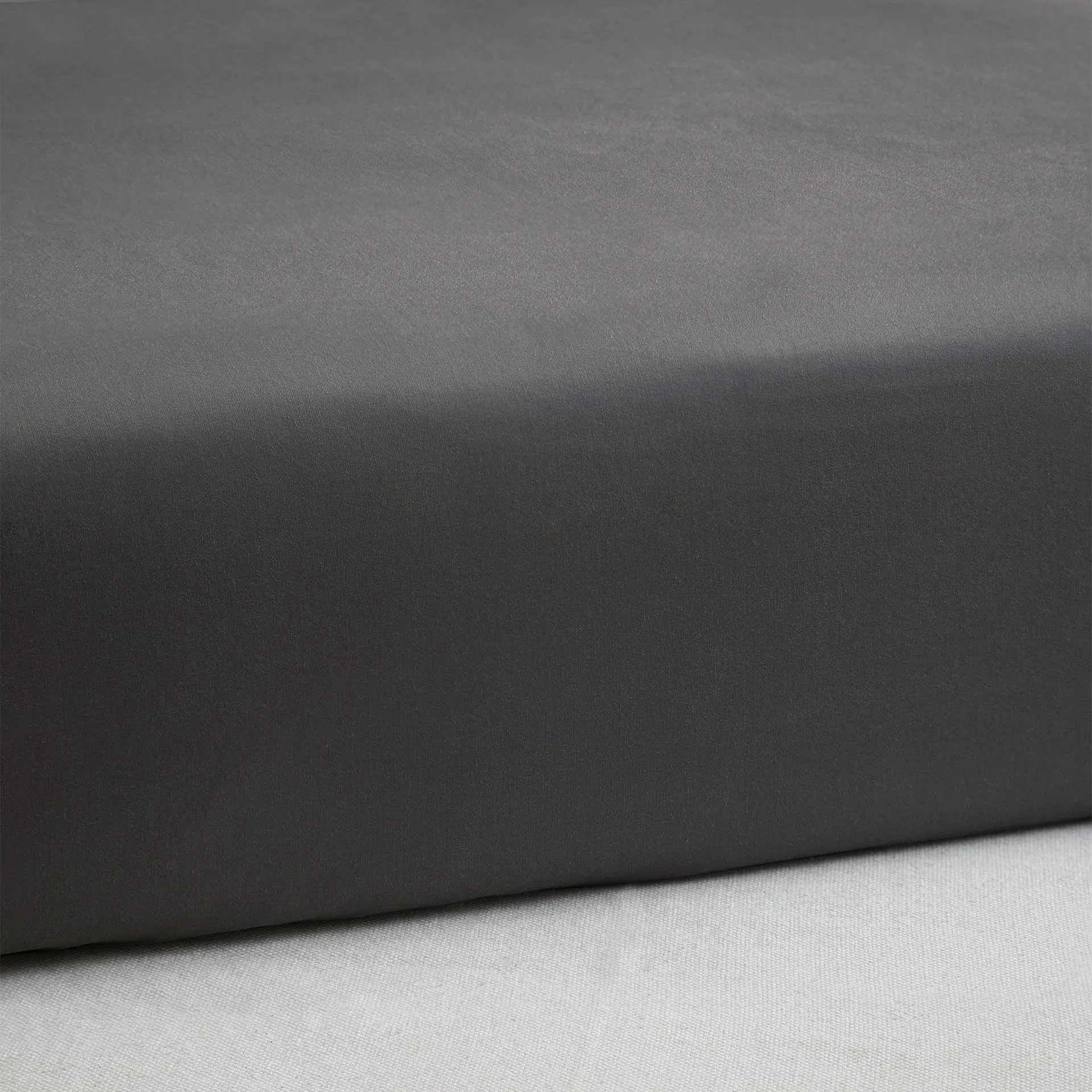

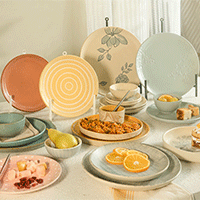
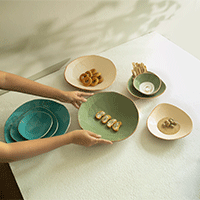
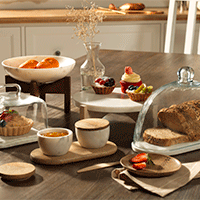
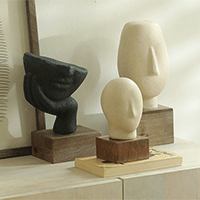
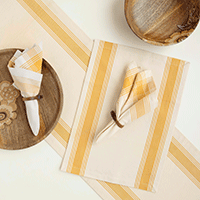
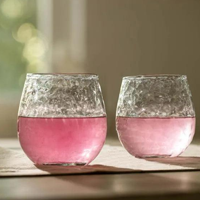
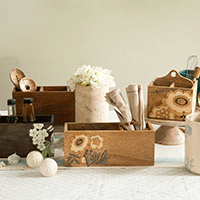
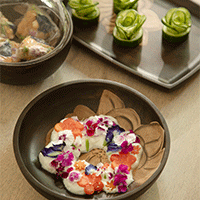
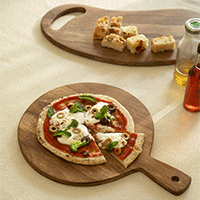
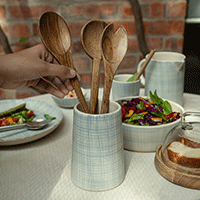
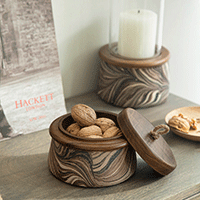
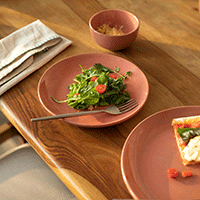
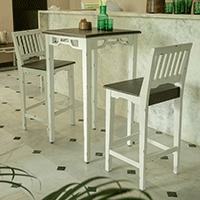

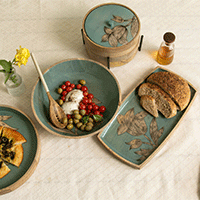
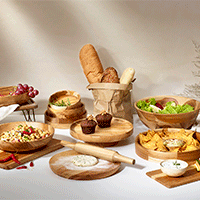
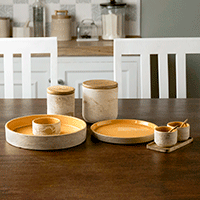
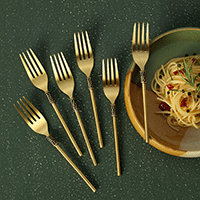
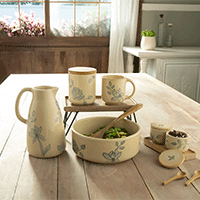
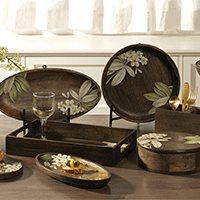
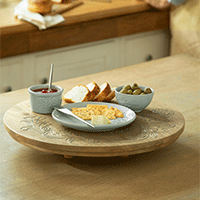
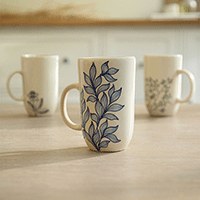
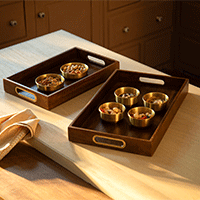

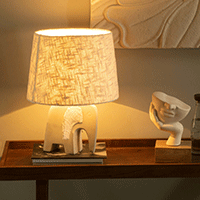
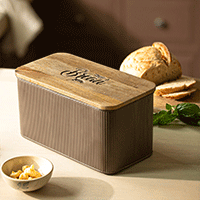
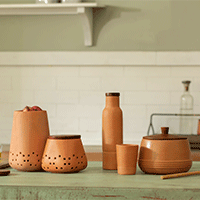
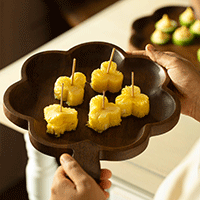
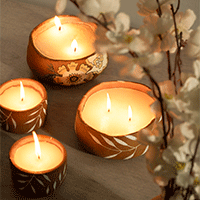
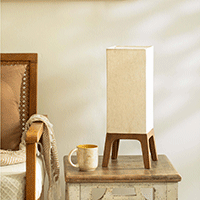
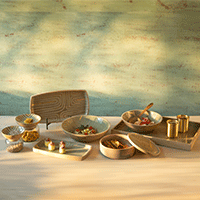
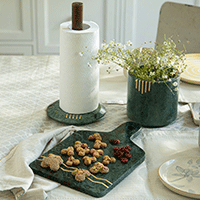
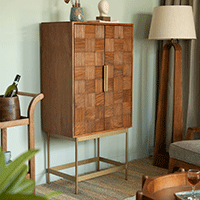
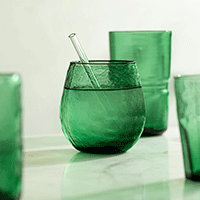
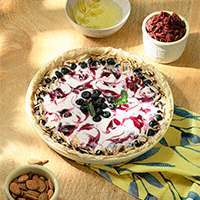
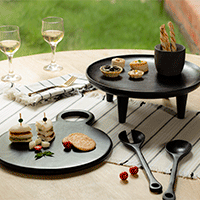
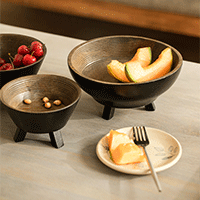
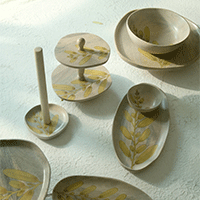
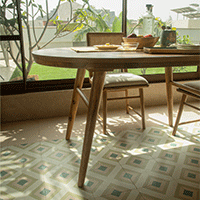
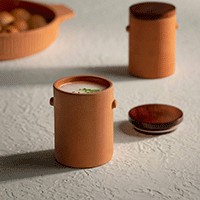
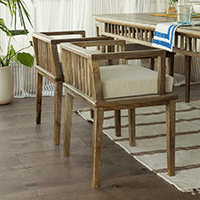

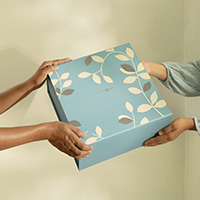


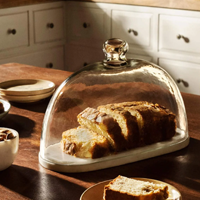

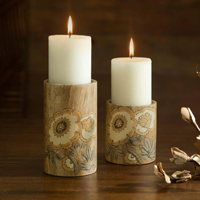
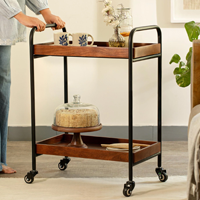


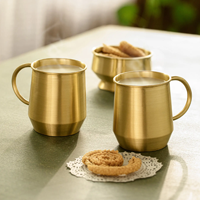
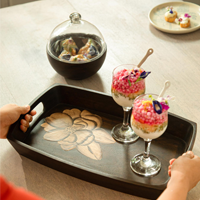
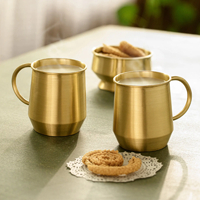
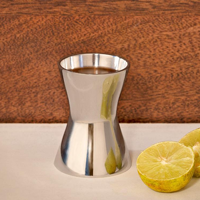
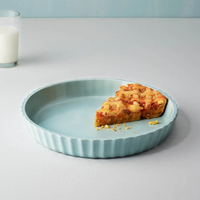
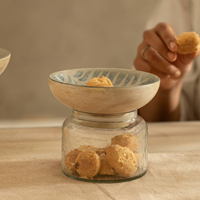
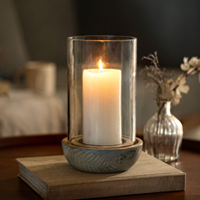

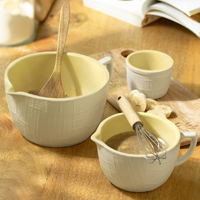
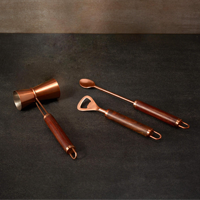
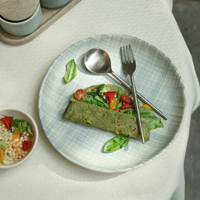







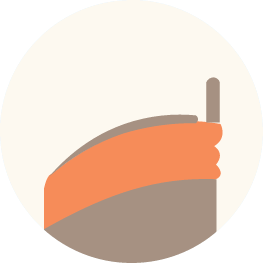






 easy returns
easy returns safe & secure
safe & secure hand crafted
hand crafted
